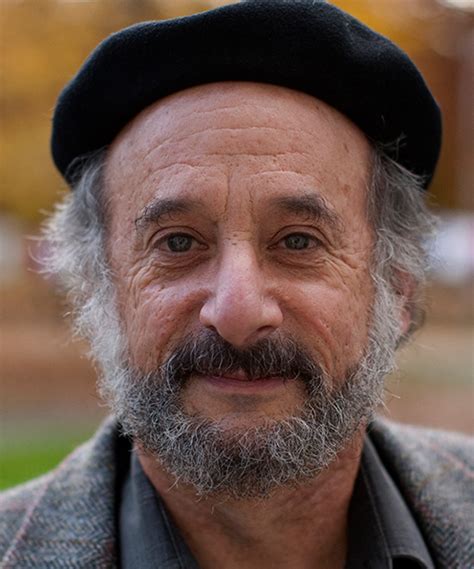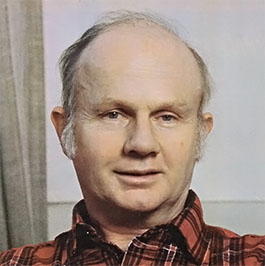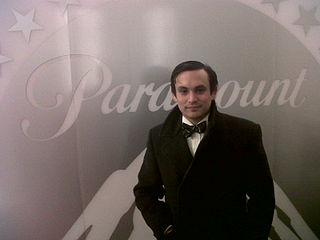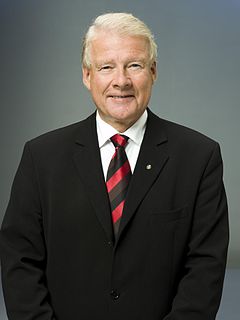A Quote by Georg Wilhelm Friedrich Hegel
In the case of various kinds of knowledge, we find that what in former days occupied the energies of men of mature mental ability sinks to the level of information, exercises, and even pastimes for children; and in this educational progress we can see the history of the world's culture delineated in faint outline.
Related Quotes
Our starting-point must be the fact that God cannot be named... no mind has yet contained or language embraced God's substance in its fullness. No, we use facts connected with Him to outline qualities that correspond with Him, collecting a faint and feeble mental image from various quarters. Our noblest theologian is not one who has discovered the whole - our earthly shackles do not permit us the whole - but one whose mental image is by comparison fuller, who has gathered in his mind a richer picture, outline, or whatever we call it, of the truth.
A new educational system in which all children born shall have the same advantage of physical, industrial, mental and moral culture, and thus be equally prepared at maturity to enter upon active, responsible and useful lives. . . . In so doing, it strikes a fatal blow at . . . the most demoralizing of all monopolies. . . educational superiority.
It is common to assume that human progress affects everyone - that even the dullest man, in these bright days, knows more than any man of, say, the Eighteenth Century, and is far more civilized. This assumption is quite erroneous. . . . The great masses of men, even in this inspired republic, are precisely where the mob was at the dawn of history. They are ignorant, they are dishonest, they are cowardly, they are ignoble. They know little if anything that is worth knowing, and there is not the slightest sign of a natural desire among them to increase their knowledge.
And what is called history at school, and all we learn by heart there about heroes and geniuses and great deeds and fine emotions, is all nothing but a swindle invented by the schoolmasters for educational reasons to keep children occupied for a given number of years. It has always been so and always will be.
Men towering high above such political pygmies, men of refinement, of culture, of ability, are jeered into silence as mollycoddles. It is absurd to claim that ours is the era of individualism. Ours is merely a more poignant repetition of the phenomenon of all history: every effort for progress, for enlightenment, for science, for religious, political, and economic liberty, emanates from the minority, and not from the mass. Today, as ever, the few are misunderstood, hounded, imprisoned, tortured, and killed.
As the years progress, what women and men will discover is that the most lasting and rewarding educational experiences come not from specific information provided in classroom lectures or assigned textbooks, but from the values obtained in active engagement in meaningful issues. We achieve for ourselves only as we appreciate the problems and concerns of others-and only as we see our own lives as part of a much greater social purpose.
Liberalism is fundamentally an ideology of liberation that has throughout history risen in protest against the totalitarian and anti-human movements of various kinds, such as communism and nazism. It is therefore natural that the Progress Party with its liberal base once again stands first in the line and takes up the fight when a new fascist ideology as Islamism is spreading throughout the world.









































